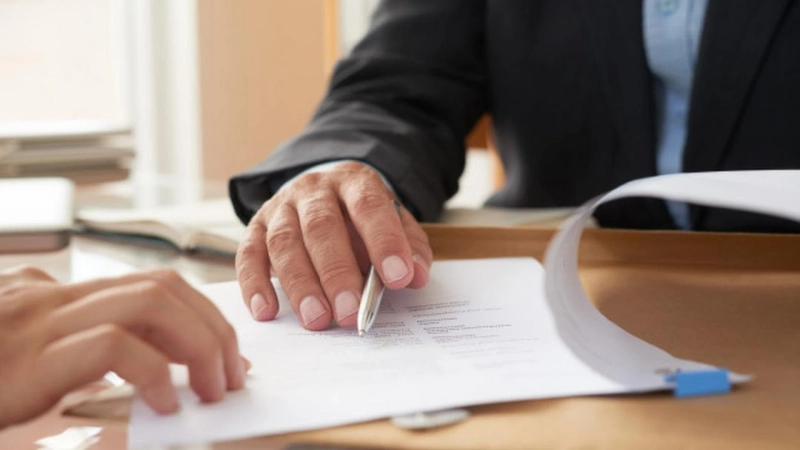In a rapidly globalizing world, where international travel, business transactions, and legal matters involving multiple countries are commonplace, the importance of ensuring the authenticity of documents cannot be overstated. Yet, amid the complexity of regulations and terminology, one term that often leaves individuals and businesses perplexed is "State Apostille." In this article, we will embark on a journey to demystify this essential process for you.
Understanding Document Authentication
Before we dive into State Apostille, it's essential to grasp the concept of document authentication. Document authentication is the process by which the legitimacy of a document is verified, ensuring that it is genuine and trustworthy. This verification step is pivotal in preventing fraudulent documents from circulating and, equally importantly, in facilitating the acceptance of these documents in foreign countries.
Diving Deeper into State Apostille
A State Apostille is actually a simpler idea than it sounds. It's a stamp or certificate that shows a document is real and can be used in other countries. An NJ state apostille or from other places is a simplified method of document legalization. It avoids the old, slow, and difficult ways of doing things.
The When and Where of State Apostille
So, when is a State Apostille required? Usually, you need a State Apostille for different papers like birth or marriage certificates, school grades, or legal agreements when you want to use them in another country that follows the Hague Convention rules. This process checks and proves that the document is real so the other country will trust and accept it easily.
The Role of the Hague Convention
To better comprehend the significance of the State of NJ Apostille or elsewhere, we must acquaint ourselves with the Hague Convention, sometimes referred to as the Apostille Convention. This international agreement was made to make it easier for countries to check and trust each other's documents. When countries joined this agreement, they agreed to accept the apostille stamp as enough proof that a document is real. This means people don't need to do extra checks or steps to verify it.
Navigating the State Apostille Process
Getting a State Apostille might sound hard, but it's actually a step-by-step process. First, a professional called a notary public has to stamp the document officially. Then, you send this stamped document to the state office that gives out apostilles. After they check and approve the document, they attach the important apostille certificate to it. This makes the document officially accepted and valid in other countries.
To Sum It Up
Understanding and keeping things simple is key in the apostille process. Dealing with international document checks doesn't have to be complicated. Luckily, there are lots of services that help make this process easier. With their expertise and guidance, you can confidently utilize your documents worldwide, ensuring that they are not only accepted but also trusted across borders.
Services like New Jersey Mobile Notary & Apostille Services are dedicated to making the process straightforward, ensuring that your documents are internationally recognized and trusted with ease. To contact their team, visit Njnotarygroup.com.
Document Authentication and State Apostille: Unraveling the Confusion


